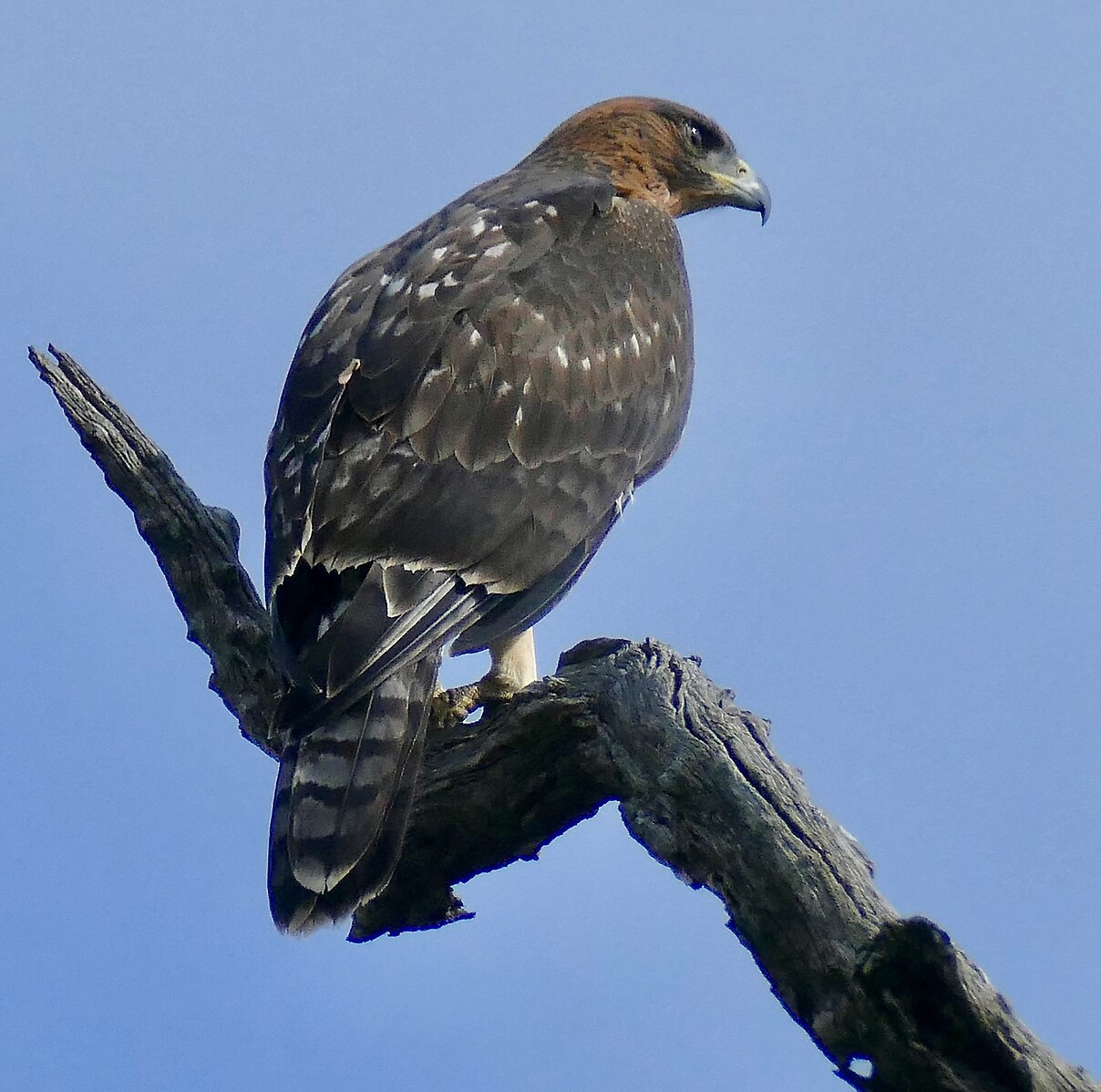African hawk eagles (Aquila spilogaster) are powerful birds of prey found in tropical Sub-Saharan Africa. While these majestic creatures are known for their impressive hunting skills, the question of whether they can kill humans is a topic of interest and concern.
The Capabilities of African Hawk Eagles
African hawk eagles are large, with a wingspan that can reach up to 6 feet and a body length of around 22-26 inches. They weigh between 3.3-4 lb on average, making them formidable predators. These birds are equipped with sharp talons and a hooked beak, which they use to catch and kill their prey.
Prey and Hunting Behavior
The primary prey of African hawk eagles includes small birds, mammals, and reptiles. They have exceptional eyesight, capable of spotting their prey from up to 1 km away while soaring in the air. These eagles are known to be highly territorial and aggressive towards other animals that come too close to their nests or young.
Aggression and Territoriality
While African hawk eagles are not typically aggressive towards humans, they can become defensive and protective of their nesting sites and offspring. If a human were to approach an eagle’s nest or young, the bird may perceive this as a threat and respond with aggression, using its sharp talons and beak to defend its territory.
Can African Hawk Eagles Kill Humans?
 Image source: African Hawk-Eagle by Bernard DUPONT
Image source: African Hawk-Eagle by Bernard DUPONT
Despite their impressive size and hunting abilities, there are no documented cases of African hawk eagles killing humans. These birds are not known to actively hunt or target humans as prey.
Factors Limiting Attacks on Humans
Several factors contribute to the low likelihood of African hawk eagles attacking humans:
-
Prey Preference: African hawk eagles are adapted to hunt smaller animals, such as birds, small mammals, and reptiles. Humans are not a natural part of their prey selection.
-
Lack of Aggression: These eagles are generally not aggressive towards humans unless they feel threatened or their nests are disturbed.
-
Relative Size Difference: Humans are significantly larger than the typical prey of African hawk eagles, making them less appealing and more difficult targets.
-
Avoidance of Humans: African hawk eagles tend to avoid areas with high human activity and presence, further reducing the chances of direct encounters.
Potential Risks and Precautions
While African hawk eagles are not known to actively hunt or kill humans, there are still some potential risks to consider:
-
Defensive Behavior: If a human were to approach an eagle’s nest or young, the bird may perceive this as a threat and respond with aggressive behavior, potentially causing injury with its sharp talons and beak.
-
Accidental Attacks: In rare cases, an African hawk eagle may mistake a small child or infant for prey and attempt to attack, though this is highly unlikely.
To minimize the risks, it is essential to maintain a safe distance from African hawk eagle nests and avoid disturbing their natural habitats. Caution should be exercised, especially around nesting sites, to ensure the safety of both humans and the birds.
Conclusion
In summary, while African hawk eagles are powerful birds of prey, they are not known to actively hunt or kill humans. These eagles are generally not aggressive towards humans, and there are no documented cases of them killing people. However, it is essential to exercise caution and respect the territorial nature of these birds, especially around their nesting sites, to ensure the safety of both humans and the eagles.
References:
– Hublithub.com – “This Eagle Would Eat Your Toddler If It Had the Chance”
– The Peregrine Fund – “Crowned Hawk Eagle”
– The Peregrine Fund – “African Hawk Eagle”
– Operation Migration – “African Hawk Eagle: The Ultimate Guide”


